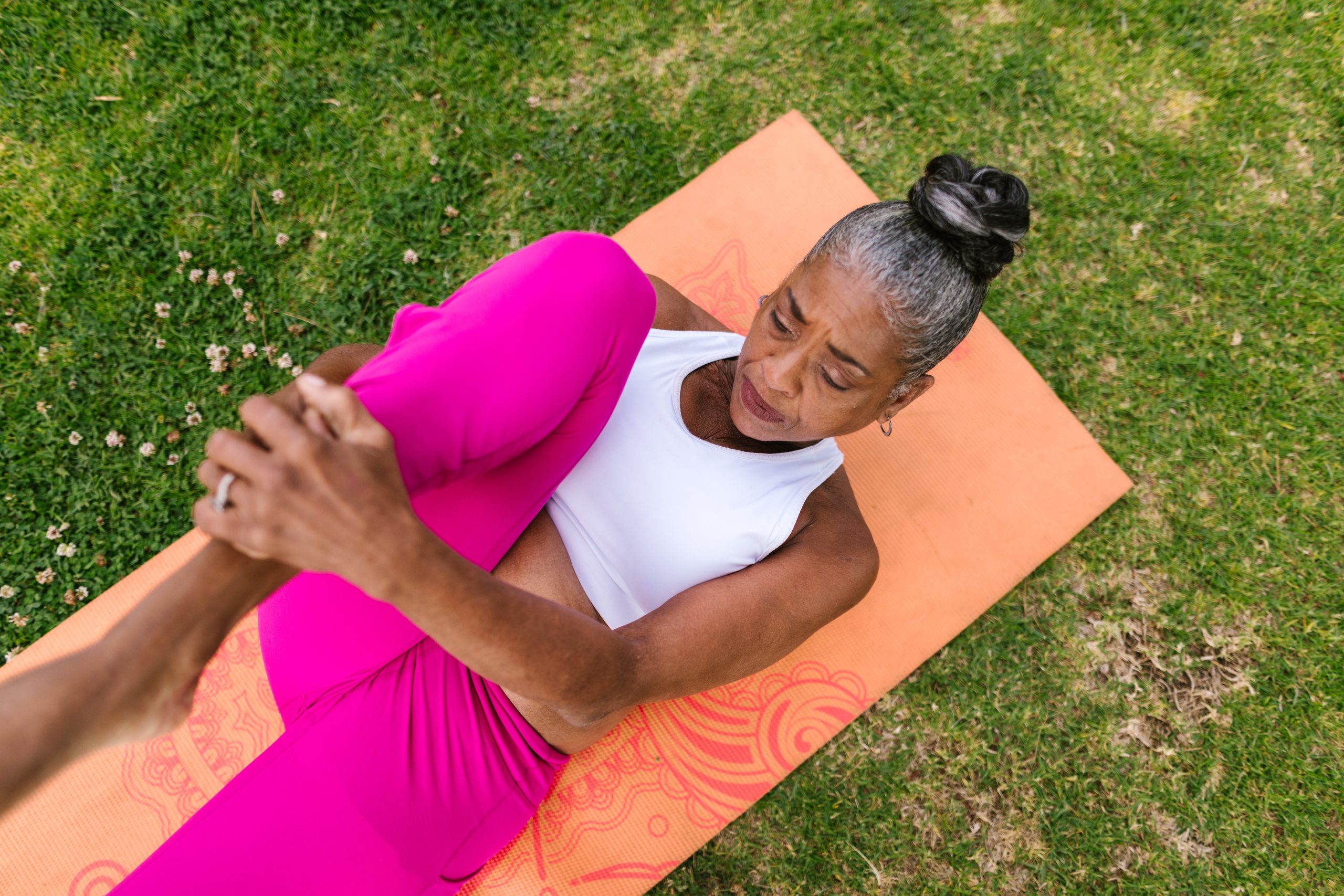The Importance of Self-Care for Caregivers: Tips and Strategies

The image is not directly related to the article. It merely symbolizes the life of elderly people.
The Importance of Self-Care for Caregivers: Tips and Strategies
Why is self-care important for caregivers?
Self-care is crucial for caregivers because it helps prevent burnout, reduces stress, and enhances overall well-being. Caregiving can be physically and emotionally demanding, and neglecting self-care can lead to exhaustion, resentment, and even health issues. Taking care of oneself allows caregivers to recharge, maintain their own health, and provide better care for their loved ones.
What are some self-care strategies for caregivers?
Here are some self-care strategies for caregivers:
1. Prioritize self-care: Make time for activities that bring you joy and relaxation, whether it’s reading, exercising, or spending time with friends.
2. Seek support: Reach out to support groups or professional counseling to share your experiences and emotions with others who understand.
3. Delegate tasks: Don’t hesitate to ask for help from family members, friends, or hired caregivers to lighten your workload.
4. Practice mindfulness: Engage in activities that promote mindfulness, such as meditation or deep breathing exercises, to reduce stress and stay present.
5. Maintain healthy habits: Eat nutritious meals, exercise regularly, get enough sleep, and visit your doctor for routine check-ups.
6. Set boundaries: Learn to say no and establish boundaries to avoid overextending yourself and feeling overwhelmed.
7. Take breaks: Schedule regular breaks and respite care to give yourself time to rest and recharge.
How can self-care improve caregiving?
Self-care improves caregiving by ensuring caregivers are physically and mentally well-equipped to handle their responsibilities. When caregivers practice self-care, they have more energy, patience, and empathy to offer their loved ones. It also helps prevent caregiver burnout, allowing them to sustain their caregiving role in the long term.
What are the consequences of neglecting self-care as a caregiver?
Neglecting self-care as a caregiver can lead to burnout, increased stress, physical and mental health issues, strained relationships, and decreased quality of care. Caregivers may experience symptoms of exhaustion, resentment, isolation, and depression. It is essential to prioritize self-care to maintain well-being and provide the best possible care for your loved ones.
How can family and friends support caregivers’ self-care?
Family and friends can support caregivers’ self-care by:
1. Offering assistance: Volunteering to help with caregiving tasks or errands can provide much-needed relief for caregivers.
2. Listening and empathizing: Being a compassionate listener and offering emotional support can make a significant difference for caregivers.
3. Encouraging breaks: Encourage caregivers to take breaks, engage in self-care activities, and provide respite care when needed.
4. Educating themselves: Family and friends can educate themselves about the caregiver’s role and the challenges they may face to better understand their needs.
5. Planning activities: Organize outings or activities that allow the caregiver to take a break and enjoy some time for themselves.
6. Providing resources: Share information about support groups, counseling services, or local community resources that can assist caregivers.
The image is not directly related to the article. It merely symbolizes the life of elderly people. The Importance of Self-Care for Caregivers: Tips and Strategies Why is self-care important for caregivers? Self-care is crucial for caregivers because it helps prevent burnout, reduces stress, and enhances overall well-being. Caregiving can be physically and emotionally demanding,…
Recent Posts
- Empowering Caregivers: The Best Online and Offline Resources to Enhance Your Skills
- Traveling with a Purpose: The Rise of Volunteer Vacations
- Breaking Stigma: Dispelling Myths about Mobility Aids and Disability
- Avoiding Probate: How Trusts Can Simplify the Estate Settlement Process
- Senior Citizens Beware: Common Financial Scams and How to Stay Protected

